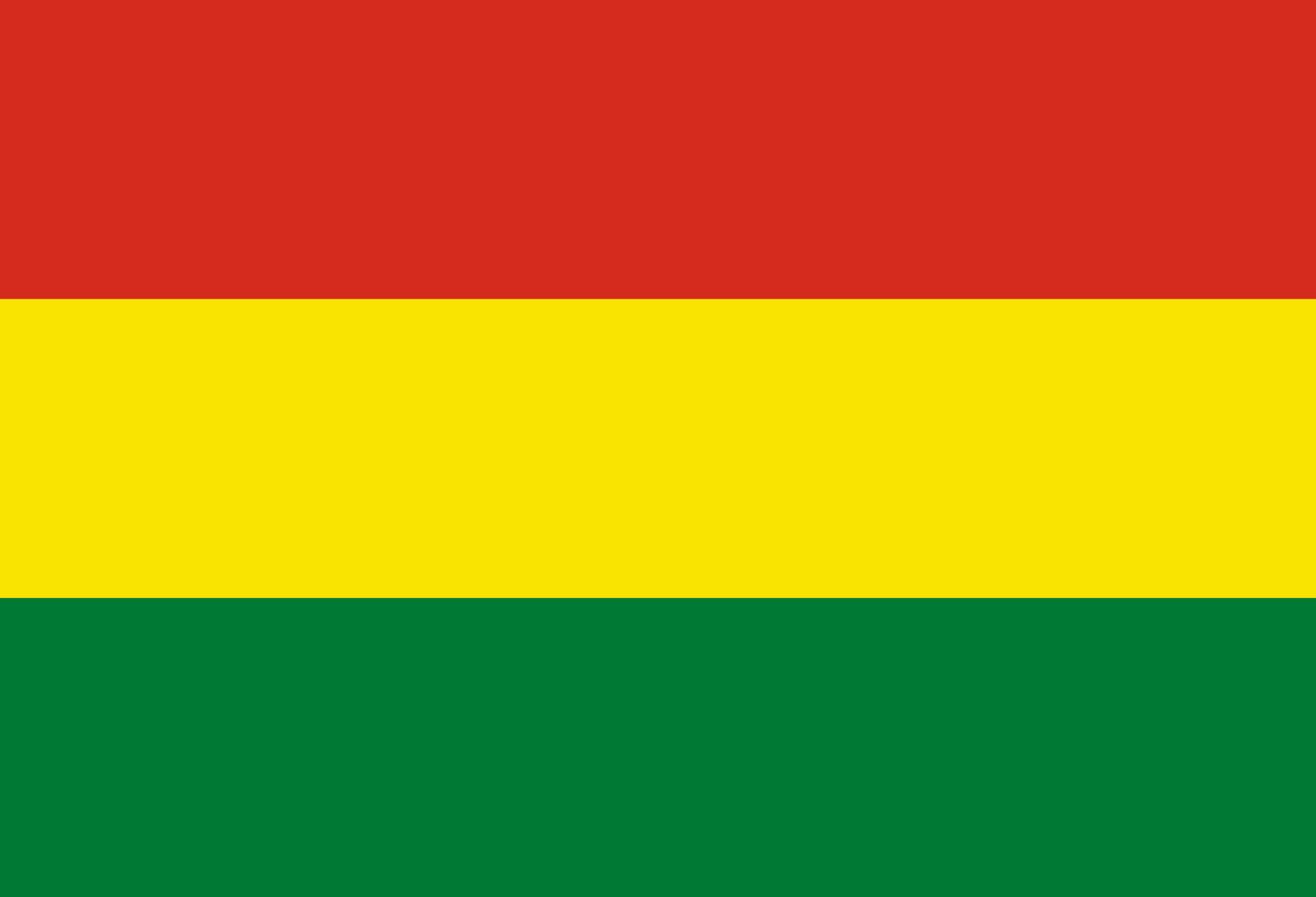Bolivia Residential Proxies

Bolivia Residential Proxies in our proxy pool amount to 36 280 units.
You can improve your online performance using our Bolivia Residential Proxy Network.
Residential proxies are IP addresses that internet service providers (ISPs) give to actual devices. You must be familiar with the environment in Bolivia to comprehend the advantages you can obtain by using them.
As of 2020, Bolivia’s population is approximately 11.7 million, and its GDP is $43.07 billion. Cash, debit cards, and mobile wallets are Bolivia’s most frequently used payment methods. The official currency is the Bolivian boliviano (BOB).
Along with Sucre, La Paz is one of Bolivia’s two capitals. As of 2020, 816,044 people are living there.
The International Telecommunication Union (ITU) recently released data showing that Bolivia’s internet penetration rate increased from 34.6% in 2014 to 47.5% in 2019.
As of January 2021, Bolivia had 561,920 unique IP addresses or 0.02% of the total worldwide. As of December 2020, Bolivia’s fixed broadband average speed was 23.66 Mbps, and its mobile broadband average speed was 15.91 Mbps.
Facebook, YouTube, WhatsApp, Instagram, and Twitter were the most widely used social media sites in Bolivia as of January 2021, according to Statista.
The three biggest online stores were Tumomo, OLX, and Mercado Libre. For businesses and researchers, these platforms present opportunities for social listening, online marketing, and data analysis.
Residential proxies are IP addresses that internet service providers (ISPs) give to actual devices. As opposed to data center proxies, produced by servers in data centers, they are different. Compared to data center proxies, residential proxies have several benefits, including:
Higher anonymity: Residential proxies are more likely to get around geo-restrictions and anti-bot systems because they pose as authentic users from real places. Datacenter proxies are simpler to identify and block because they frequently share subnets and exhibit suspicious behavior patterns.
Lower risk of getting banned: Because residential proxies frequently change their IP addresses and use different ISPs, they are less likely to be blacklisted or throttled by websites. Datacenter proxies are more likely to be blocked because they share subnets with other users and use static IP addresses.
Better performance: Residential proxies use actual devices with reliable connections, which results in faster speeds and more excellent dependability than data center proxies. Data center proxies use servers that could be overloaded or malfunctioning, which results in slower speeds and lower reliability.
Using Bolivia and La Paz residential proxies can help you access geo-specific information and content that may not be available otherwise. For example, you can use residential proxies to:
– Monitor prices and products on Bolivian e-commerce sites
– Verify ads and campaigns on Bolivian social media platforms
– Scrape data and analyze trends from Bolivian websites
– Test web applications and software in Bolivian environments
– Conduct market research and competitor analysis in Bolivia
You might only be able to access geo-specific data and content if you use residential proxies in Bolivia. Additionally, you can avoid being detected or blocked by websites that employ geo-restrictions or anti-bot systems. Utilizing residential IPs that represent Bolivian users’ actual circumstances and preferences will further guarantee the accuracy and relevance of the data you collect.
Quick Proxy provides high-quality residential proxies with fast speeds, 99% uptime, and round-the-clock support if you’re searching for an affordable and dependable provider of residential proxies in Bolivia.
Quick Proxy enables customers access to millions of rotating residential and mobile proxies from over 150 countries across the world.
Copyright 2023, QuickProxy.io All Rights Reserved. | Privacy Policy | Terms & Conditions